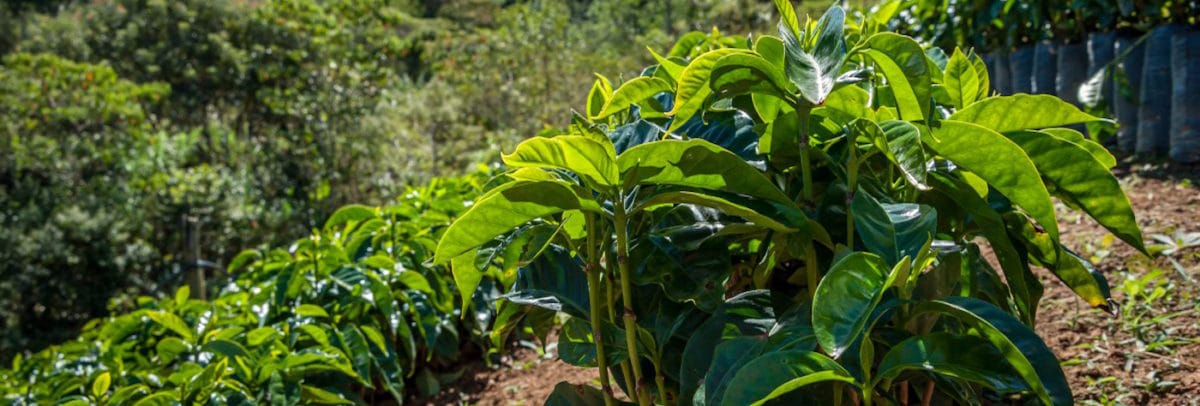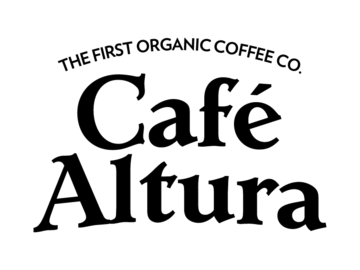
Efficiency in Organic Farming
It should come as no surprise that oil dependence has worked its way into just about every facet of modern society. Its influence is pervasive in the production and transportation of items throughout our homes and lives, with food being no exception. Our built-in dependence of agriculture on oil runs deep–from fertilizers to machinery and transportation of those goods from where they’re grown to where they’re consumed.
This integration of oil into nearly every level of the agricultural supply chain makes much of the food we consume detrimental to environmental sustainability, and simply incredibly inefficient. One way of quantifying just how inefficient our oil-reliance makes our food is to look at the ratio of calories needed to produce an item compared with the number of calories it ends up providing food’s eventual consumer. Imported food grown without organic practices in place is unambiguously the least efficient food. For example, a study conducted in the UK found that up to half of the energy inputs in potatoes and wheat, and close to 80% of other veggies, was comprised of oil-based fertilizers and pesticides.
If you’ve made it into reading a blog about the hazards of conventional farming practices it’s likely you’re no fan of societies’ over-consumption of oil, however it’s worth reviewing exactly why it’s so dangerous.
Oil is a volatile commodity. If you’ve happened to purchase gas ever, you’ll know just how much oil pricing can fluctuate wildly from week to week. With many of the world’s oil stores coming from developing regions and becoming harder to access over time shortages and conflicts are inevitable. These, in turn, impact the costs associated with producing agricultural products in a way that is passed on to consumers.
The rampant use of oil in the agriculture industry is massively inefficient and also a major contributor to global warming. In 2011 greenhouse gas emissions from the agriculture sector accounted for approximately 13% of all global emissions and are predicted to raise another 15% by 2030. While this isn’t solely attributable to fertilizers and pesticides, they do play a major part. Shifting away from animal products, particularly cattle, and toward local organics is thought to be the best way of combating this trend.
Oil use in agriculture makes it virtually impossible to have an efficient ratio of energy expenditures to food produced. Additionally, with no regard for seasonality or locality of products, we have seen the growth of a system where nations across the world export and import ever increasing amounts of staples, sometimes trading the exact same products to one another. It’s a system made to increase convenience to consumers and profits for companies in the moment, with no regard for the environmental harms being caused along the way.
This system simply cannot last. Scientists believe we have either already passed, or are currently in, the era of “peak oil” with half or more of all available oil reserves having been consumed. Whether food prices keep getting pushed higher and higher in conjunction with oil, or spike during shortages, eventually something will have to give. Oil reserves will continue being depleted, increasingly difficult to access, and will eventually run out. When this happens we need a sustainable agriculture industry that has solutions for production and transportation that aren’t dependent on an abundance of oil. The sooner we start developing and supporting such solutions, the sooner they will become viable alternatives to our current methods.

Fortunately the practices of organic farming and the ethos of sourcing food locally already provides a framework for effectively reducing the wasteful use of oil in food production. The same UK study finding that more than half of energy inputs in some foods were comprised of oil-based fertilizers, also found that organic farming requires 42% less energy on average to produce the same quantity of food due to more of a reliance on natural methods.
Organic local farming addresses many of these harms and allows for a more positive vision for the future of agriculture. Organic practices don’t incorporate the same kinds of oil-based fertilizers and chemicals, making for a safer product that puts less of a strain on our environment and is less dependent on a consistent availability of cheap oil. Sourcing food locally also ensures that the products being brought to market are appropriate for the season and region and aren’t reliant on extensive worldwide transit logistics in order to put food on the table.
Supporting organic farming and local sourcing won’t be enough on their own to change our overall inefficient system. Society’s appetite for animal products and massive amounts of food waste (accounting for up to 25% of all produced calories) will also need to be addressed. However, with the organic farming and local produce already being fairly widely available, they provide an opportunity to begin acting now to support sustainable agricultural practices.
